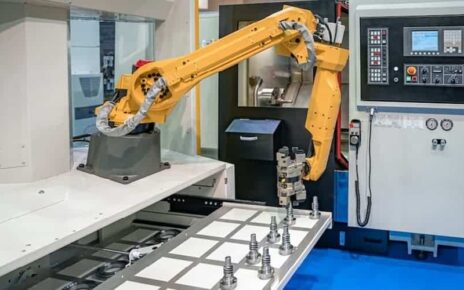The injection molding process requires the best resins to ensure the final product is of high quality. The good news is there’s a wide variety of resins available on the market, and this allows your custom machine shop to create many different products with different designs and functions.
When deciding which resin type to go with and before you approach a custom machine shop, there are several factors to consider, including flammability, flexibility, and impact, and tensile strength. This, combined with the wide variety of resins on offer can make the material selection process time-consuming.
To get you started, here are some of the common and popular resins used in the mold injection process.
HIPS
Also referred to as High Impact Polystyrene, HIPS has a highly customizable surface, and its toughness allows it to perform well in a wide range of functions. For instance, it can be printed, bonded, and decorated with ease. While HIPs can be flammable, it’s possible to find flame -retardant varieties on the market
LPDE
As suggested by the name, low-density polyethylene or LDPE is a type of polyethylene. It’s more flexible and has high impact strength as well as good moisture resistance. It’s popular in consumer and household products but does not hold well in high-temperature environments.
ABS
Acrylonitrile Butadiene Styrene is well known for its high impact and mechanical strength, which makes it popular in various industries. Other high-value attributes of ABS also include heat resistance, low weight, and durability.
Typically, ABS is used in the manufacture of various products such as parts for the piping and automotive industry. Because ABS has high adherence properties making it suitable for products that require metal coatings, for instance, computer parts, electronics, and automobiles.
Polypropylene
Polypropylene or PP as it is well known can be very flexible. This makes it suitable for application in packaging and household goods. The disadvantage of using polypropylene is that it is flammable and must not be exposed to UV radiation to prevent damage.
Acetal
Acetal has top-notch surface lubricity, memory, and chemical resistance. It’s therefore favored by the food and beverage industry. It’s also well suited for household, automotive, and mechanical applications. The only downside is that it should not be placed in high-heat environments.
The Bottom Line
Finding the right resin for the injection molding process ensures your product performs well. To make the process easier, it’s a good idea to consider the popular materials first, since there’s a reason they are highly regarded.
But you should, in no way, limit yourself to just a few selections. You can also communicate with the custom machine shop you’ve partnered with since they often have the expertise and experience to help you decide the best fit for you.





